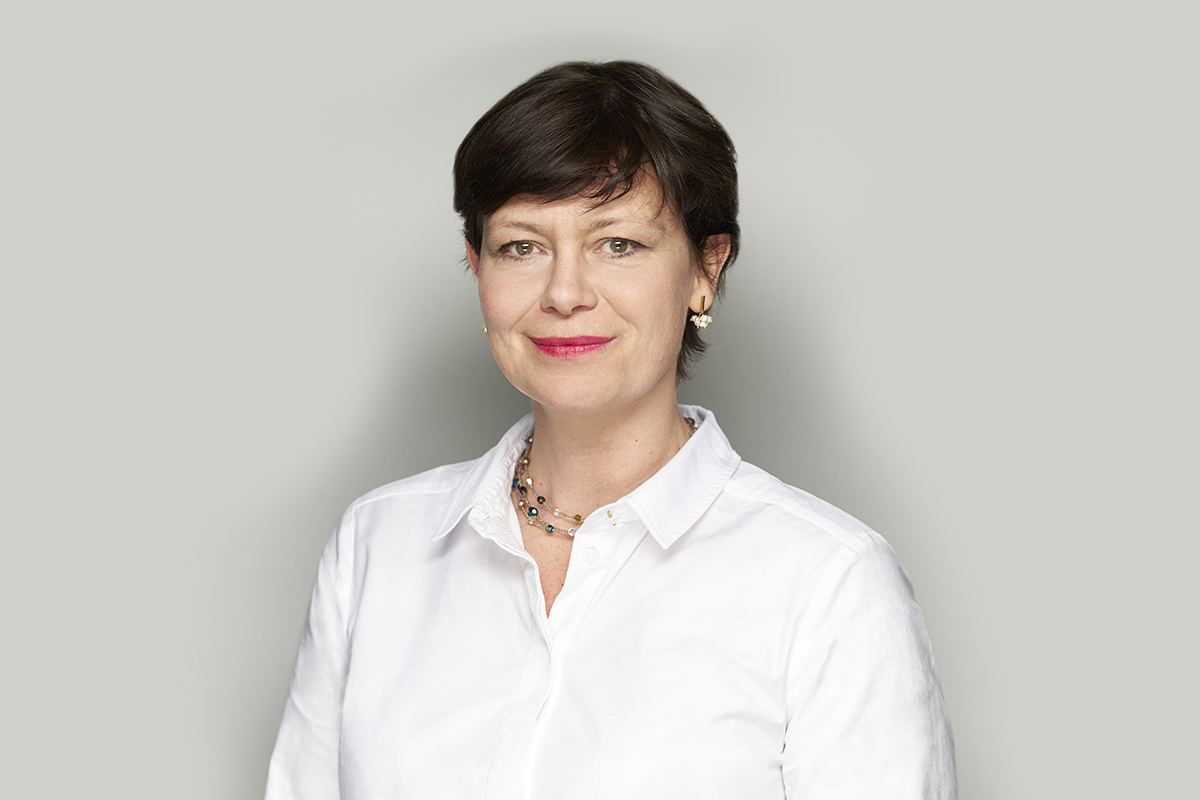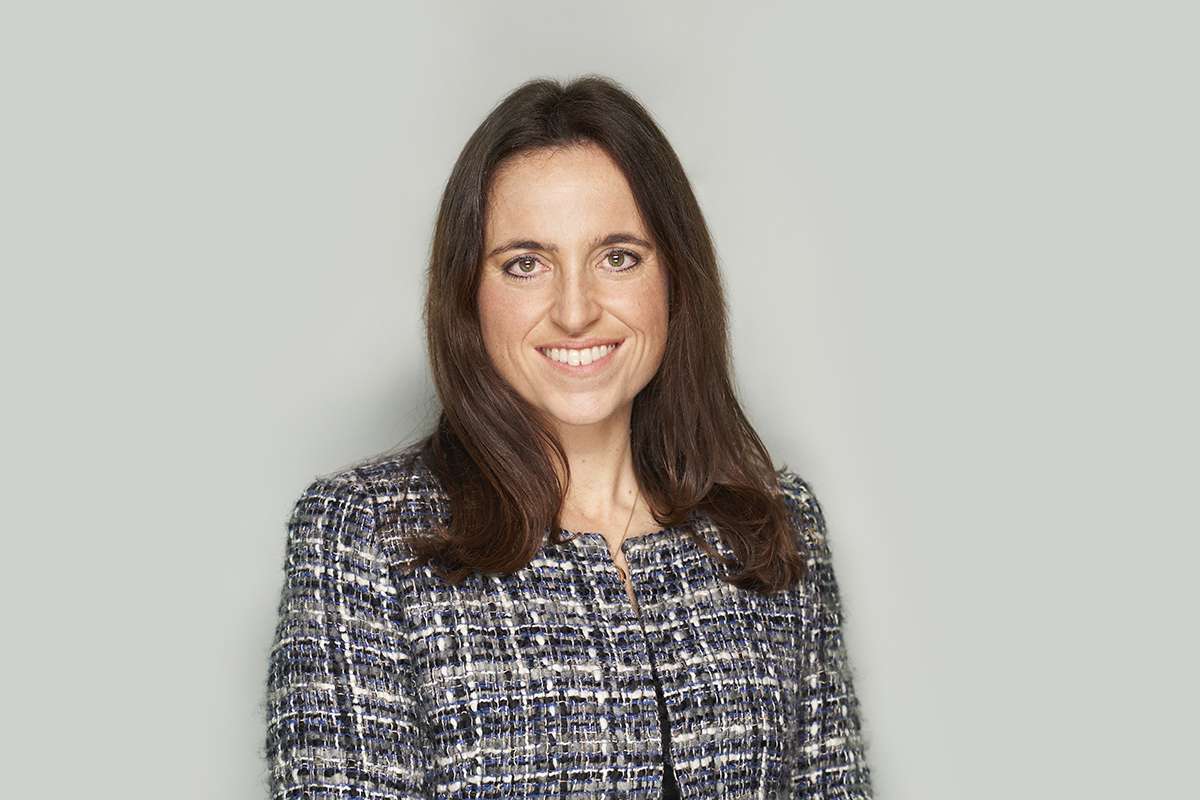Divorce
Obtaining a divorce can be a stressful and emotional process. You will have to make some very important decisions that will affect the rest of your life.
High net worth divorce is often a complex and difficult process. Boodle Hatfield is on hand to guide you with professional and expert advice, helping you to secure the best possible outcome.
Whether you are initiating divorce or responding to a divorce petition, our experienced divorce lawyers will make the process as straightforward as possible for you. We will take the time to understand your situation and advise you on the best course of action. You can be assured that our team will work with absolute discretion on your case, with your best interests at heart.
We know that in divorce cases, when one or both partners has significant wealth, protecting substantial finances, properties, assets and international interests – not to mention children, custody and maintenance – can be an extremely difficult process. We have worked with business owners, families with significant wealth, internationally mobile individuals, high earners such as City professionals, sports people and their spouses to reach a favourable outcome in the divorce.
Our expert and personable divorce lawyers will guide you through the multiple issues you will need to consider including:
- Financial Remedy – Dividing finances is often the most complex process of the divorce, especially with regards to high net worth divorce. Each case is entirely unique. We make sure to tailor our approach accordingly to meet your specific financial needs in the divorce. Read more about our financial remedy services
- Children and living together agreements – This is perhaps the most emotionally challenging part of the divorce. We can advise you on all decisions that involve your children. We can help you to resolve common disagreements such as the amount of time a child spends with parents or other family members, abduction matters and if one party would like to move abroad, or to another part of the country, with the children. Read more about children and living together arrangements
- Business assets – You or your spouse may own a limited business, trading firm or any other company. Firstly, we can advise whether the business should be dealt with in the divorce and if necessary, how the business should be valued and divided. We work seamlessly with accountants and business advisors if need be
- Personal and joint assets – It is a common misconception that personal assets may be protected in the event of a divorce by keeping them out of either party’s legal ownership. We will help you to understand your rights for assets during the divorce process. You may even have concerns that your spouse has assets that they are hiding during the divorce procedures. We can help you to uncover such assets. You can read more about how to protect your assets here
- Trusts and pensions – Trusts and pensions can often be one of the most valuable assets in a divorce. We make sure to take these aspects into account and ensure that you understand the different types of trust and pension and how these can be efficiently divided
- International issues – Boodle Hatfield’s high net worth divorce solicitors can advise on a wide range of matters relating to international divorce, including advice for those currently residing in the UK whose marriage took place outside of the UK. We are also experienced in working on behalf of UK citizens living overseas and who are married to a spouse of a different nationality
If you would like to know more about the divorce process, our frequently asked questions below will help you to understand a bit more about the procedure as well as the financial implications.
Frequently Asked Questions
How long does it take to get divorced?
The new “no fault divorce” legislation coming into effect on 6 April 2022 introduces a mandatory minimum 26-week period between the start of the proceedings and the final divorce order. However, it can take longer if there are financial matters to be resolved. You can only apply for a divorce if you have been married for at least one year.
How is the divorce initiated?
Divorces initiated before 6 April 2022 – the fault-based system: Prior to 6 April 2022, either party (but not both together) could apply by lodging a Petition at Court. The applying party was called the ‘Petitioner’, and the receiving party the ‘Respondent’. In England, it was necessary to prove to the Court that your marriage had irretrievably broken down with reference to one of five specific facts:
- The Respondent’s adultery (this cannot be used to evidence the irretrievable breakdown of a civil partnership or same sex marriage)
- The Respondent’s unreasonable behaviour
- The Respondent’s desertion for 2 years (this is rare and difficult to prove)
- Separation for 2 years and both parties’ consent
- Separation for 5 years – there is no need for the Respondent to consent.
Divorces initiated on or after 6 April 2022 – no fault divorce: As of 6 April 2022, divorce legislation in England and Wales has undergone significant reform. It is no longer necessary to cite any of the five specific facts set out above to start off the process. Instead, either party, or both jointly, can apply to the Court for a divorce simply by stating that they believe the marriage has irretrievably broken down. With the new legislation, certain terms have been updated, such that a divorce petition is now to be known as an “application” and the petitioner is now the “applicant”. In a joint divorce application, the parties will be called “applicant 1” and “applicant 2”.
What happens next?
Divorces initiated before 6 April 2022 – the fault-based system: For divorces initiated in the old, fault-based system, the receiving party needs to acknowledge the Petition and say whether or not they want to defend the divorce. If undefended, the Petitioner can make an application for the first decree of divorce, the
Decree Nisi. There is a mandatory six week and one day time period after the Decree Nisi is pronounced before the Petitioner can apply for the Decree Absolute. This is the final order of divorce, and dissolves the marriage.
Once the Decree Nisi has been pronounced, the Court can make an order dealing with the parties’ assets. It can be unwise to apply for Decree Absolute until financial matters are settled.
Divorces initiated on or after 6 April 2022 – no fault divorce: In the event of an application by one spouse only, by default the Court will send the divorce application to the respondent or alternatively the applicant can elect to do so (in which case they must take certain steps within 28 days of the application being issued by the Court). The respondent spouse must acknowledge receipt of the divorce application within 14 days of receipt. It will no longer be possible, save in very limited circumstances, for a respondent spouse to contest the divorce. In the event of a joint application, both spouses must acknowledge receipt of the notice of proceedings from the Court within 14 days of receipt.
Provided the respondent does not dispute the divorce (and there are extremely limited circumstances in which they would be entitled to do so), 20 weeks from the date on which the divorce application was issued by the Court one or both spouses may apply for the Conditional Order (previously, the Decree Nisi). Six weeks and one day after the pronouncement of the Conditional Order, one or both spouses may apply for the Final Order (previously, the Decree Absolute).
If the initial application is made on a joint basis but later one spouse refuses to progress the divorce, it will be possible to convert the divorce application from a joint to a sole application upon applying for the Conditional Order or the Final Order.
If either party has a solicitor acting for them, it is now mandatory to file the divorce application using the online portal.
How do the financial proceedings fit in with divorce proceedings?
The Court deals with the financial aspects of the divorce separately from the divorce itself. A financial application can be lodged with the Court at the same time as the Petition/application.
What does the Court take into consideration during financial proceedings? In order to seek to achieve a fair financial outcome, the following will be considered:
- The income, earning capacity, property, financial resources (now and in the foreseeable future both in this jurisdiction and worldwide) of each party;
- The financial needs, obligations and responsibilities of each party;
- The couple’s standard of living during their marriage;
- The length of the marriage and any period of cohabitation beforehand;
- The age and state of health of each party; and
- The contributions, both financial and non-financial, that each party has made to the welfare of the family.
How will the Court divide the assets?
The welfare of any child is the Court’s first consideration. The Court will take all the assets into account and first consider the question of needs (of the parties and the children). In the majority of cases, the assets do not exceed the needs in which case the needs will be the determining factor. If the parties’ needs can be met, then the equal sharing (of matrimonial assets) and compensation (of relationship-generated disadvantages) principles may be engaged. The Court may leave non-matrimonial assets such as inherited wealth or assets generated before the marriage out of account and share the matrimonial assets equally. In very exceptional circumstances, a Court may deviate from the sharing principle where one of the parties has made a ‘special contribution’ to the marriage.
Click here to see our Family Law Glossary.
Recommended reading
Boodle Hatfield, the leading private wealth and real estate law firm, has revealed a new equal opportunity parental leave policy. The new policy is available to all employees and Partners across the firm and is believed to be a market first for an independent London law firm.
Read more 15 Feb 2024 A decade of divorce proceedings: the war rages onIn Today’s Family Lawyer, Partner and Head of Family, Emily Brand reflects on the recent Supreme Court’s decision in the case of Potanina v Potanin – a case that centred on financial relief after an overseas divorce.
Read more 08 Dec 2023 London courts: a home from home?In the New Law Journal, we discuss the wide-ranging powers of the English court to intervene following foreign divorce proceedings and the power of Pt III applications.
Read more 01 Nov 2023 Part III applications – striking the right balanceIn The Law Society Gazette, we outline how Part III of the Matrimonial and Family Proceedings Act 1984 (“part III”) is a powerful, but often misunderstood, area of the law.
Read more


